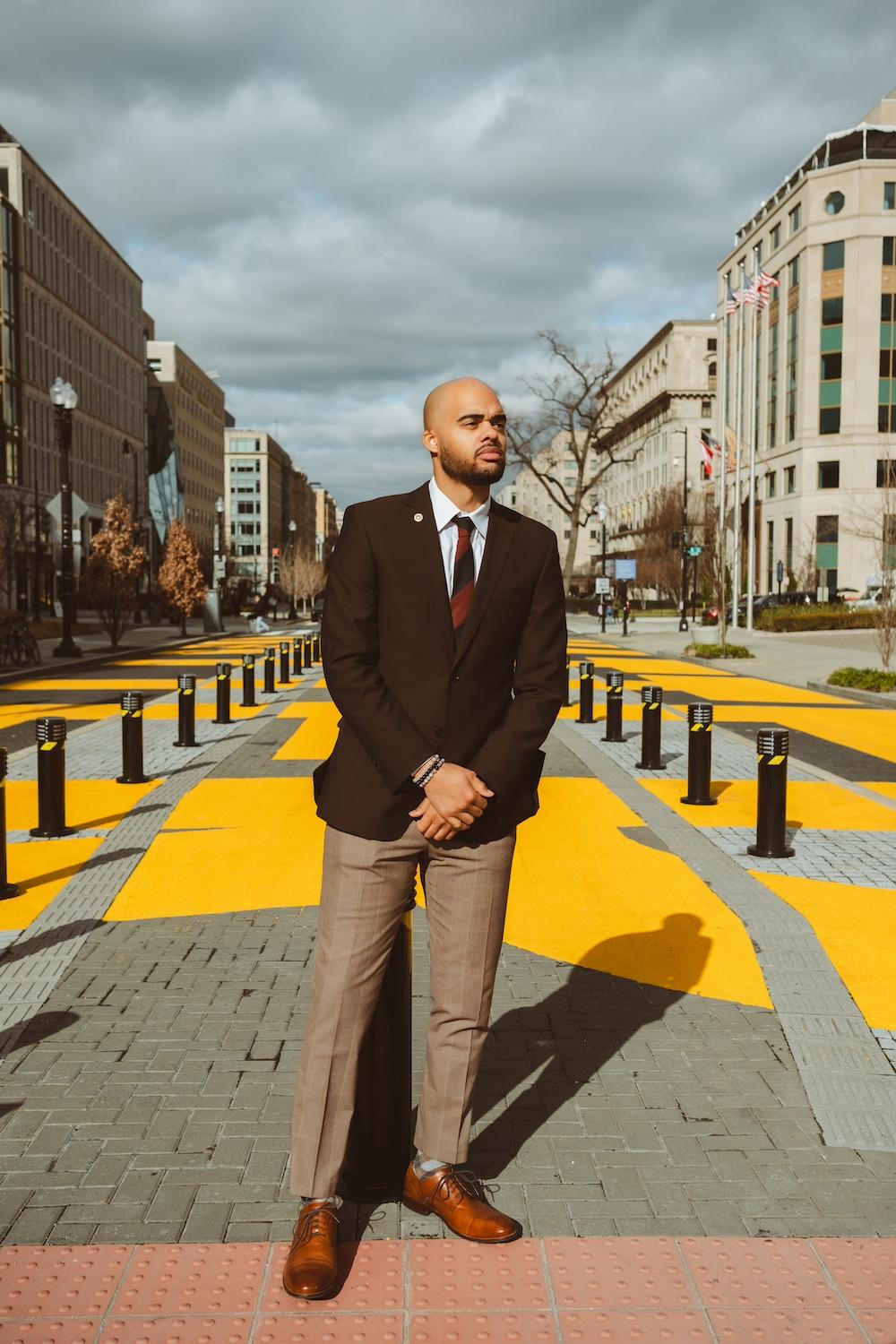Not again! I’m tired of arguing about voting. Let’s handle this once and for all, a definitive explanation for why we continue to debate the importance and role of voting.

For a lot of us, voting is as simple as being our ancestors’ wildest dreams. And when we see other folks — especially Black folks — not voting, then we wonder why they would allow our ancestors’ sacrifices to be in vain. But while voting is an individual act, voter suppression is systemic.
As much as we shame and guilt people into voting, we’re really only hurting ourselves. What we need are systemic solutions to systemic problems.
Systemic solutions to voter suppressions begin with community building. Community solidarity is something we forge through everyday life, building trust and care so that we can mutually support one another. We often accomplish this step; it’s step two that often jams us up.
The biggest reason why support doesn’t turn into advocacy is because many of us still think Black politics are only about race.”
After connecting with one another, then step two is coordinating political action. Oftentimes we want to be heard and mistakenly fall back into what we think is best for ourselves and others. Nobody is saying that you shouldn’t fight for what you think is best! It’s when we forget to consider the experiences of others that becomes a problem. For example, I conducted a survey with over 1,500 Black respondents. What I found speaks directly to the challenges of coordinating political action.
Respondents showed strong support for Black feminists and also for Black transgender communities. Though one is a belief system and the other a group of people, both have been targeted for suppression. With these data I am explaining the reasons why some people support embattled groups and others don’t.
The biggest reason why support doesn’t turn into advocacy is because many of us still think Black politics are only about race. Additional considerations for gender, sexuality, or age, for example, are seen as distracting from the main issue: racial injustice. On the left of Table 1 is the group supporting the Movement for Black Lives (M4BL) and protest politics (protests, boycotts, marches, etc.). On the right are those who reject these things. Their responses reflect that disagreement – until they’re asked about deference.
Table 1. On Black Feminists and Black Transgender Community Politics
| Support BLM and Protest Politics | Reject BLM and Protest Politics | |
|---|---|---|
| Black Feminists | ||
| Black Trans Communities | ||
| Attention | 67% | 34% |
| Advocacy | 82% | 51% |
| Deference | 61% | 54% |
| Attention | 52% | 24% |
| Advocacy | 52% | 24% |
| Deference | 56% | 45% |
Attention is disagree and strongly disagree that groups get “too much attention.” Advocacy is agree and strongly agree that groups “should advocate for their needs.” Deference is agree and strongly agree that before groups, “we should first focus on the majority of Black people.”
67% of the M4BL group disagrees that Black feminists get too much attention and 52% disagree that Black transgender communities get too much attention. These represent around a 30% difference compared to the non-M4BL respondents. These gaps persist when asked about advocacy, with the M4BL group believing we should advocate for these groups. However, the gaps drop from 30% to around 10% when asked if we should first focus on the majority of Black people rather than these groups. Why?
It’s only by connecting with one another, coordinating our politics, and demanding what we need and want that we then create political community, the best systemic solution to our systemic problems.”
Because we often think about politics as considering one thing at a time, which means addressing the problems that we need to address but not the things we actually want. This is the greatest lie about politics and the third step towards finding systemic solutions to voter suppression. We’re facing domination in many areas. It’s only by connecting with one another, coordinating our politics, and demanding what we need and want that we then create political community, the best systemic solution to our systemic problems.
Politics are about coordinating power. When you have a political community, then the mantra of “one person, one vote” becomes a voting bloc. This community connection allows us to powerfully support one another in uniquely challenging times. Keep fighting the good fight and do what we can to overcome together.
Article ID: 2036




